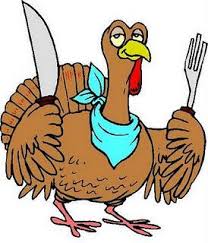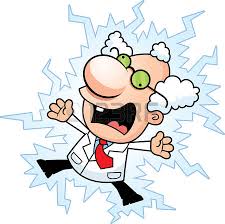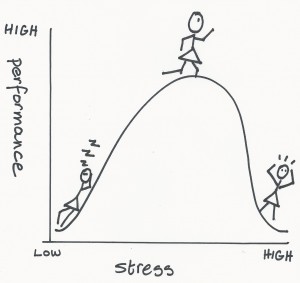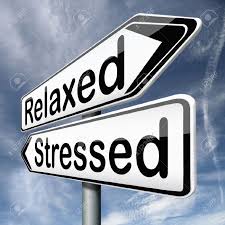Ever since I was a child I have loved getting wrapped up in a book and reading it for hours at a time. It didn’t have to be any specific kind of book, just as long as the story intrigued me and kept me occupied. Now that I am in college I find very little time to sit down and read a book unless it’s a textbook. I used to have all the time in the world to relax and read a book, but now that I need to relax, I can almost never find the time to do so. It’s all very frustrating.
When I do find the times to lay back and do nothing, I found out that I am not relaxing in the most effective way. There was a randomized control trial completed at the University of Sussex in 2009. By manipulating the subjects stress levels (tested by their muscle tension and heart rate), the scientists measured which tactic worked best to ease the individual into a relaxed state. The several relief methods evaluated were listening to music, drinking tea, playing video games, taking a walk, and reading. All methods had the ability to relieve some strain, but reading turned out to be the most efficient because it was both fast and effective.
All of the people in the sample used for the study had to go through a series of activities in order to increase their levels of muscle tension and heart rate. Not only did reading reduce stress levels after completing the exercises, but it reduced the individuals’ stress past what they started at prior to completing the exercises. Within six minutes of reading, both muscle tension and heart rate were decreased dramatically. Compared to the other techniques, reading dropped levels by 68%, listening to music was 61%, drinking tea was 54%, taking a walk was 42%, and playing video games was 21%. All of these methods are negatively correlated with stress levels, but the scientists cannot definitively prove that reading more will cause you to feel less stress. Additionally, it is hard to compare physical health directly with mental health, but that is all that the scientists are capable of measuring with today’s technology.
The scientists believe that the mechanism for reading’s strength in lessening anxiety is due to distraction. In my experience, reading has been able to do just that; divert my attention from what has been holding me down. I remember one instance during my senior year of high school when I was supposed to be hearing back from Penn State, and I couldn’t sleep or focus on anything except the fact that I might not get into my top school. My mom finally became fed up with my attitude and demanded I go occupy myself somehow. I explained to her that nothing could keep me engaged, and finally she suggested I re-read one of my favorite books. I took her advice, and miraculously I was hooked. In the science world, anecdotes are not something to use as evidence for a discovery because it could easily be a fluke. However, with the data from the randomized control trial and my personal experience, I highly recommend this method to take some of the weight off of your very tired shoulders.
College can be extremely difficult for all types of majors, and it’s smart to take some time for yourself to relax. Reading a book is a fun and effective way to do it. If you’re interested here is a link to the best reads of 2016. Or if you’re like me, you can just read Harry Potter for the 5th time in a row.
Source: Chiles, Andy. “Reading Can Help Reduce Stress, According to University of Sussex Research.” The Argus. IPSO, 2009. Web. 26 Nov. 2016.























